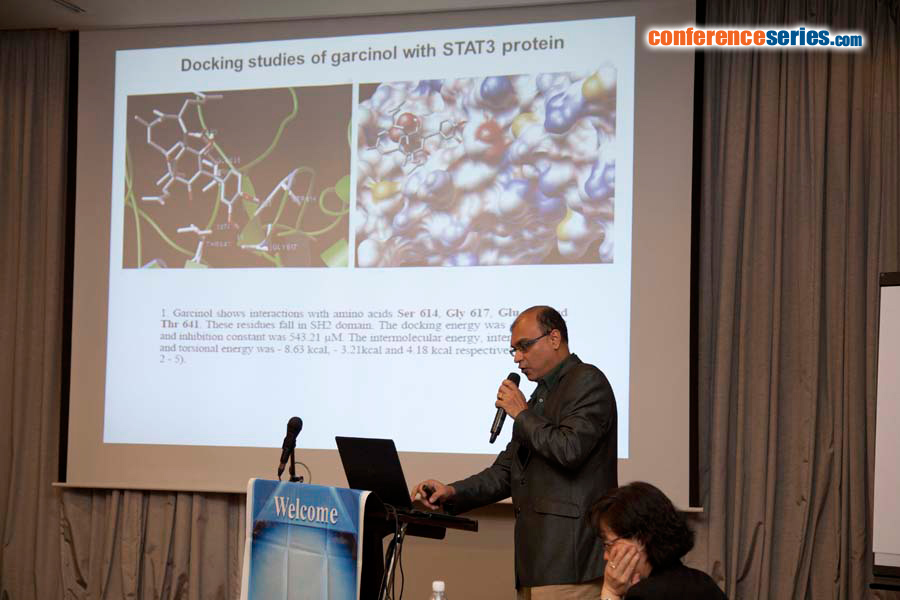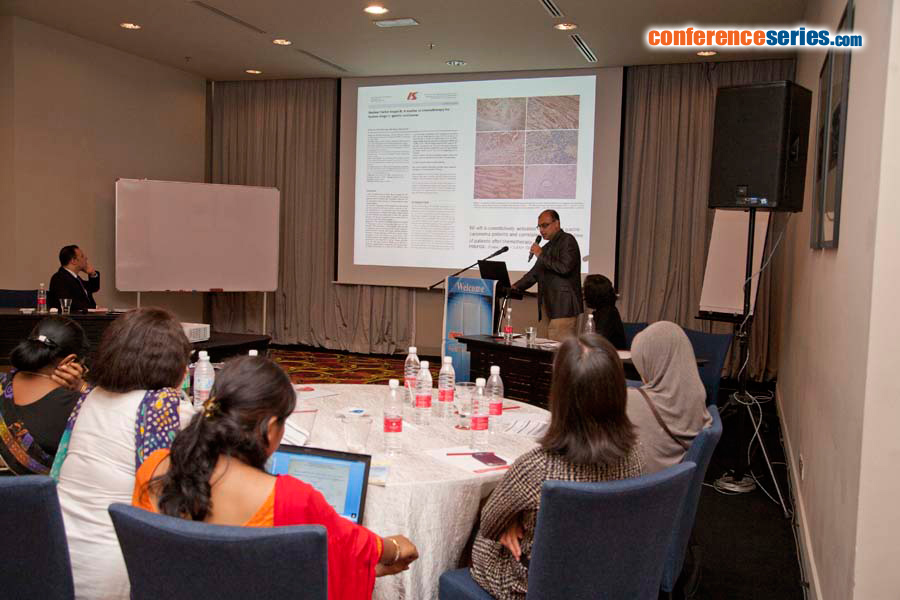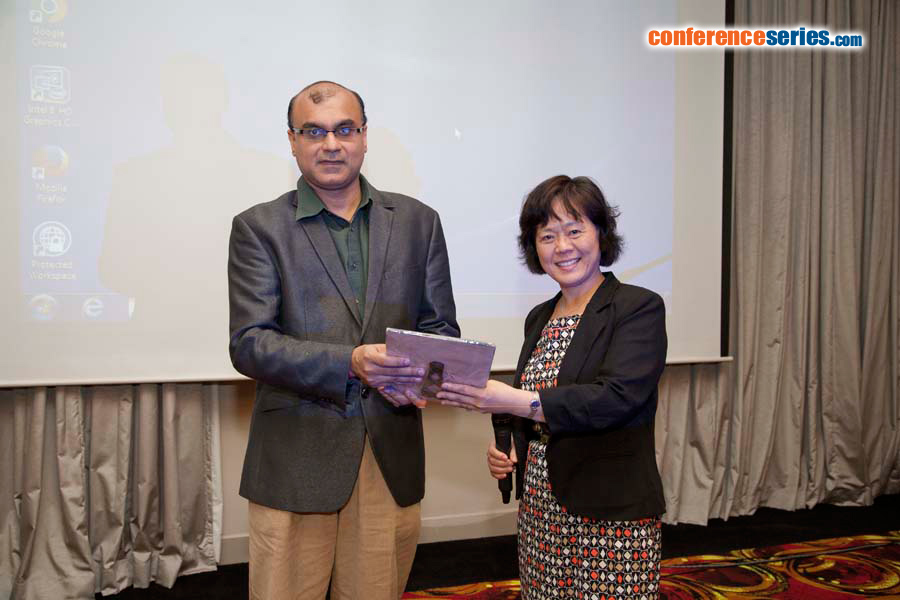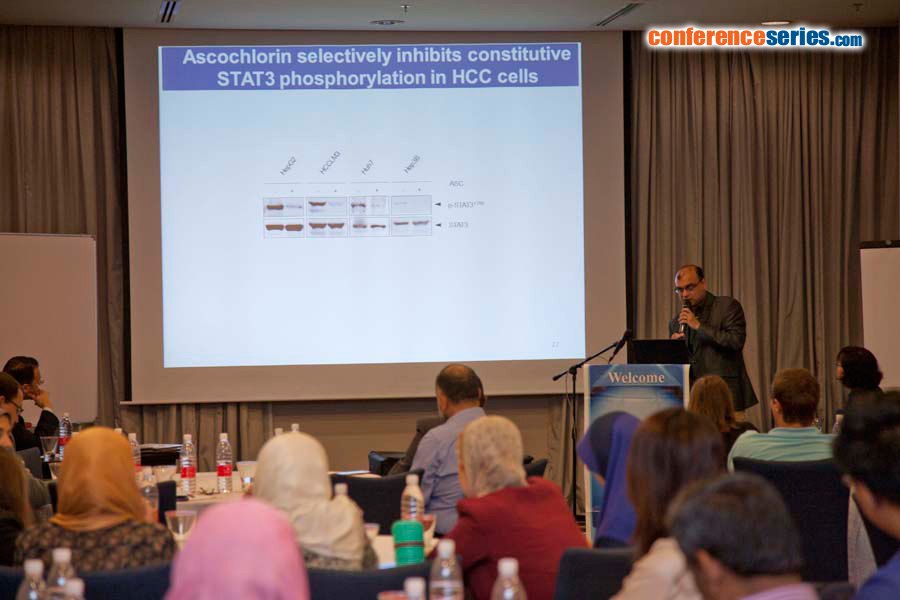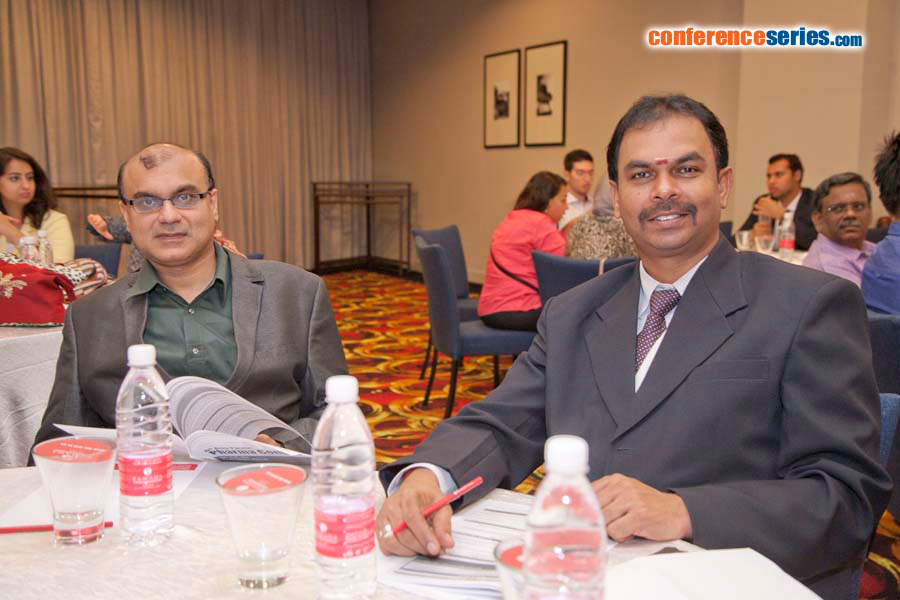
Gautam Sethi
National University of Singapore, Singapore
Title: Potential role of pharmacological STAT3 inhibitors for cancer therapy
Biography
Biography: Gautam Sethi
Abstract
Conventional anti-cancer therapeutic strategies involve the use of chemically synthesized drugs and/or administration of high-energy radiation to circumvent tumor growth. However, these strategies are generally poorly tolerated, often resulting in adverse side effect. As such, there is an urgent need to develop novel anti-cancer therapeutic agents that not only overcome the chemoresistance barricade, but also elicit minimal side effects and is well tolerated amongst patients of diverse demographics. Plant-based natural drugs contributes to primary health care in approximately 80% of the world’s population, with uses dating back to the ancient times as traditional herbal medicine by physicians such as Hippocrates. Our group is currently exploring the role of STATs family of cytoplasmic transcription factors that transmit signals, mediate intracellular signaling usually generated at cell surface receptors and transmitted to the nucleus. There is a strong evidence to suggest that aberrant STAT3 signaling promotes development and progression of human cancers by either inhibiting apoptosis or inducing inflammation, cell proliferation, angiogenesis, invasion, and metastasis. Suppression of activation of STAT3 results in the induction of apoptosis in tumor cells, and accordingly its inhibition by approaches such as tyrosine kinase inhibitors, antisense oligonucleotides, decoy nucleotides, dominant negative proteins, RNA interference and chemopreventive agents have been employed to suppress the tumorigenicity. However, the development of novel drugs for the targeting STAT3 that is both safe and efficacious remains an important scientific and clinical challenge. My talk will provide the evidence for critical roles of STAT3 in oncogenesis and discusses the potential for development of novel cancer therapies based on mechanistic understanding of STAT3 signaling.
Speaker Presentations
Speaker PPTs Click Here

